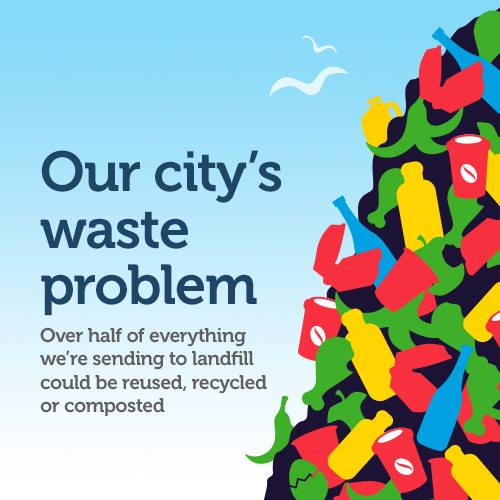On this page you will find out:
- Why I do, or do not, support each of councils proposals for recycling and waste management
- My ideas for vastly reducing our waste to landfill and improving our recycling programmes
- Answers to your frequently asked recycling questions
Elect me on to Tauranga City Council and within 18 months my aims are:
- To increase the volume of glass recycled by 100% from 2017 levels (this should be easy, and needs little help from me)
- To start the construction of an Anaerobic Digestion facility to process the cities food waste for the next 50 years
- To mobilise citizens to create a declaration to parliament that we want refundable deposits on beverage containers
- To create more transparency on where the items that we think we are recycling ultimately end up
- To improve the way we communicate how the financial savings from reducing our waste benefit us all on at a personal (or household) level
- To mobilise citizens to petition the manufacturers of their favourite products to make more environmentally friendly packaging choices
